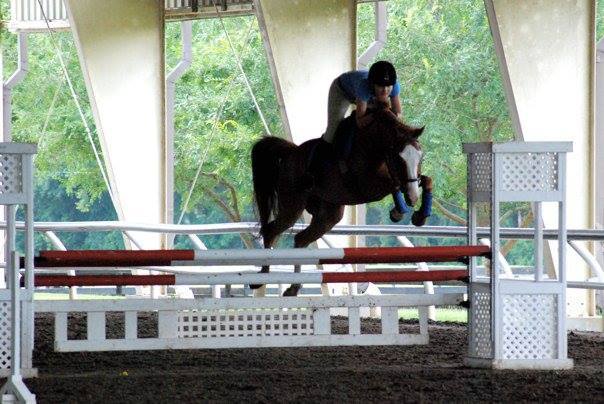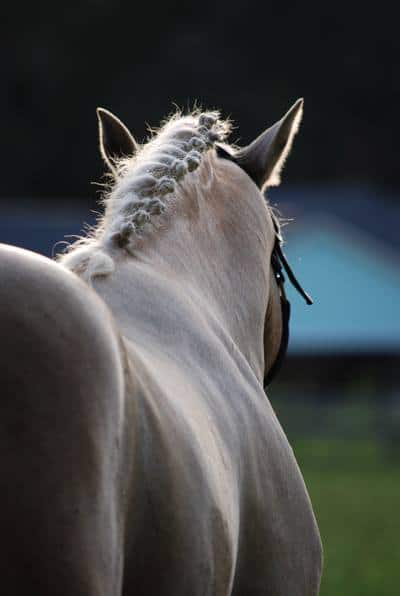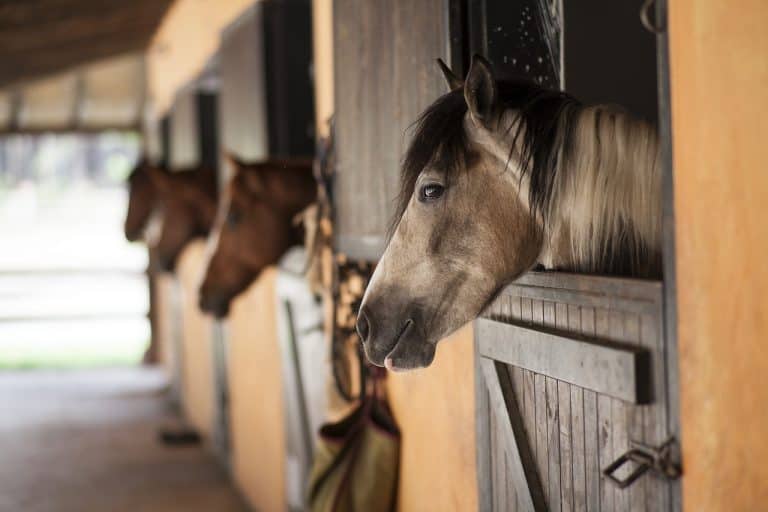The Giver Syndrome and the Equine Professional
There is a syndrome known as the Human Giver Syndrome. The Nagoski sisters discuss this syndrome in their book Burnout: The secret to unlocking the stress cycle. https://amzn.to/3uGL6TS Most women are human givers. As are most horse trainers and instructor. It’s our nature we can’t help it. According to the Nagoski sisters, Human givers aren’t allowed to inconvenience anyone by expressing their feelings or having any needs of their own. In addition, the “Givers” feel responsible for the emotions of others. The human giver syndrome plays a big role in causing burnout. In this syndrome, human givers feel they must give at all times while internalizing their own emotions. This creates a stress reaction in our bodies including neurological and hormonal changes that never ends.
As horse trainers and business owners we have been taught or maybe we have trained ourselves to be “emotionally fit”. The term emotionally fit, to most people means the ability to bounce back, the ability to control your emotional reaction. Emotionally fit from a trainer’s perspective means that we are in control all the time. We all know there is no room for emotions when sitting on a horse. We must remain “in control” and calm. You cannot survive in this industry without being emotionally fit. But where do we draw the line between emotionally fix and emotionally exhausted or burned out.
The problem comes when the “controlled” emotions aka stress is trapped inside our bodies and our bodies don’t know what to do with them. That is why burnout is so prevalent in our industry.
In the old days, cowboys would stop training and smoke a cigarette. This gave the horse and rider chance to think about what was going on. And the chemicals from the cigarette nicotine created a sense of relaxation, so people smoked in the belief it reduces stress and anxiety. Very few people smoke anymore. And we are busier than ever. We want the horses trained faster and the students in the show ring faster. But the constant giving, guarding and worrying, wears us down. If we are not careful the emotionally fit trainer quickly becomes emotionally exhausted.
Nearly all research on burnout is on people who help people. Well maybe we need to do some research on people who care for animals. Or animals and people together. No, don’t bother. We are burned out. No research is needed. A horse trainer’s life runs parallel to human care givers and teachers. We have the lives and welfare of our horses in our hands day in and day out. Our student’s safety is on our shoulders. Then add to that the emotional involvement with our students. Just call that a double whammy. Or maybe a triple whammy.
And why is that important? Because stress effects our decision make abilities. Which can make or break our business. If you allow yourself to be burned out and emotionally shut down, research indicates that you will either avoid making decisions all together or will tend to make riskier decisions. Burnout is associated with impaired cognitive function. So, it is reasonable to expect that burnout effects decision making skills. We know that a reduced sense of caring goes hand in hand with emotional exhaustion. Reduced sense of caring directly impacts and increases the risk we are willing to take.
Everyone’s line is going to be a little different. Those who have a strong support system and well-established boundaries will be able to remain emotionally fit for much longer. Those with outside interest will also handle stress better. Those who understand the stress cycle and how it affects us will also deal with the difficulties of this industry better.
When I find myself exhausted and having to make decisions, I write it all down. I have a notebook or journal. In that journal, I write things that effect my decisions and I write them down as impersonal as possible. It helps me to take that “step back”. I know it sounds strange and it took some getting used to, but it works.
For example: I recently had a horse that could no longer work in the lesson program. She was one of the best lesson horses I have had. And she taught a lot of little kids how to ride. She and I had spent years together. This is a very difficult decision that all of us have to face at some point. So, I asked myself:
Can she be comfortable as a trail horse? Can I find her an acceptable home as a trail horse, with someone who is going to ride her at the level she is able to work?
Can you find a suitable retire place for her? Do I trust the person who would be caring for her to do what is right for her?
What is the best thing for her?
Can she be comfortable as a pasture ornament? How will this affect the business income?
How will this affect the business expenses? Can the business support horses who do not contribute?
There are also times when I know I am not in a good place to make a decision. There are times when I take a break from work, head to the beach or to the river. And make the decision when I get back. As trainers, we need to stop thinking of this time as a luxury. Or as self-indulgent. Time away will make you a better business manager and a better trainer.
If you need help establishing your decision making process or setting boundries please email me at: Molly@ordinarydressagerider.com. or click the link below to schedule a initial consultation.



